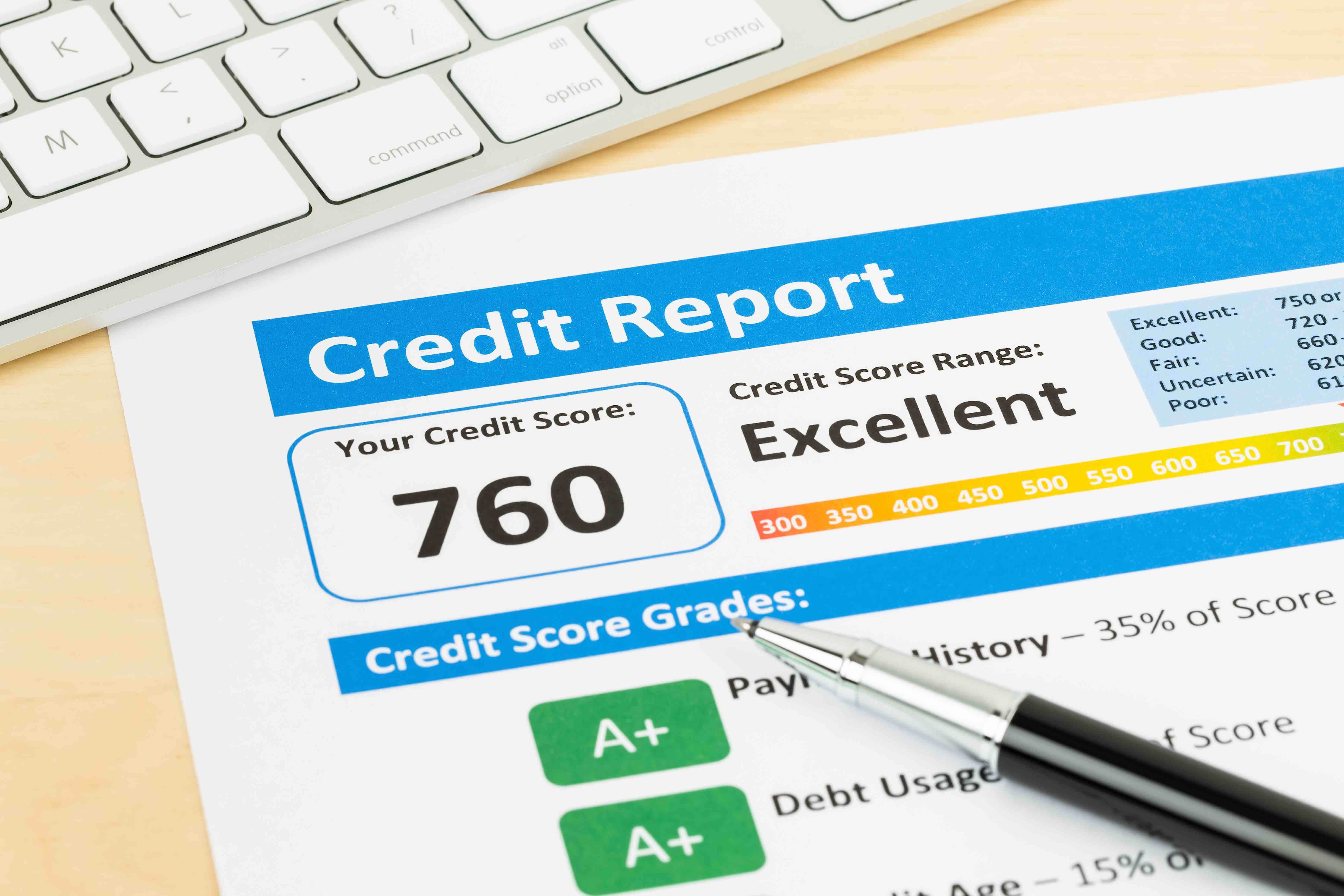
The process of buying a home starts well before you physically set foot in a property. In fact, preparation is half the battle. It is in the best interest of those buying their first home, or even those that have acquired multiple properties, to familiarize themselves with the proper steps.
In part one of this series, we’ll take a look at what first-time homebuyers should be doing in the year leading up to their purchase. We have compiled the following checklist for first-time buyers to use throughout the process:
12 Months Out
Credit Check
Few things impact your ability to buy a home more than your credit score. In fact, it can be argued that your credit score serves as the foundation for the entire home buying process. It is the one thing that can clearly and decisively identify whether or not buying a home is even an option for some. There is no other measurement of one’s viability that is so cut and dry: either you qualify for a home loan or not. It is simple as that.
According to the Federal Housing Administration (FHA), “Minimum credit score requirements for FHA home loans depend on which FHA loan product the applicant needs. Generally speaking, to get maximum financing on typical new home purchases, applicants should have a credit score of 580 or better. Those with credit scores between 500 and 579 are, according the FHA guidelines, limited to 90 percent LTV.”
That is precisely why it is so important to check your credit score at least 12 months before buying a home. Any attempt to buy a home with an unacceptable score will be met with futility. I recommend acquiring a copy of your credit report from the three bureaus: Equifax, Experian, and TransUnion. The idea is not so much to know what your score is, but rather to identify any inconsistencies. That way you will know what steps you need to take to fix your credit score, if any are required at all.
Determine A Budget
At this time, you should have an idea of how much you want to spend. At the very least, determine what you can afford. While your situation will certainly be different in one year’s time, there is no reason you can’t speculate on the position you will be in. However, it is important that you don’t inflate your budget. Temper what you expect to spend, and be realistic with your numbers. Things don’t always go according to plan, and that big raise you are expecting isn’t necessarily an inevitability. In other words, it is better to error on the side of caution.
As a general rule of thumb, lenders look positively on those with a debt-to-income ratio of no more than 43 percent. Your total debt should not exceed 43 percent of your gross monthly income. Calculate your debt to income ratio, and determine how much you are comfortable spending every month.
Come Up With A Down Payment Plan
It is, without question, a great idea to put down at least 20 percent on a home. If at all possible, I highly recommend it. The cost of the loan will be significantly less, as well as the resulting interest rate. However, that is rarely the case with first-time homebuyers – especially in today’s market. For those that find the prospect of putting 20 percent down preposterous, there are many programs that can help. The FHA currently offers loans that require as little as 3.5 percent down. Of course, what you don’t pay up front will be made up for over the duration of the loan. If you go this rout, you will be expected to pay monthly mortgage insurance premiums, which will drive up your monthly expenses.
Once you have determined how much money you will need to put down, come up with a savings plan. Check with the credit unions in your area to see if they have any programs that can assist you in saving money. Keep in mind that banks will want you to “season” the money you end up saving. In order for them to vet you thoroughly, they will want to see that you have had stable funds in your account for 60 to 90 days before actually applying for a loan. It doesn’t hurt to have the money in a respective account as soon as possible. Try having the money in your account about a year before you actually commit to a purchase.
9 Months Out
Prioritize What You Are Looking For
Now is the time to ask yourself what you are looking for in a new home. What is most important to you, and your family? Are you looking for three, or maybe even five bedrooms? What type of neighborhood are you willing to move to? Understanding what you want out of your first home will ultimately make the process that much easier. Not only will you make rational decisions, but you will also eliminate any headaches that coincide with indecisiveness, or even ignorance. Do yourself a favor and have a clear idea of what you are looking for in a home.
This is the time to match what it is you are looking for with the predetermined budget. At the very least, what you expect to spend should narrow things down a bit. Eliminating those properties that don’t fit your criteria now will save you time later on down the road. Millennials, the largest age group of current homebuyers, cite green home improvements and energy efficiencies as their top priority in a new home.
Research
I can’t stress the importance of due diligence enough. Understand the ramifications of your actions, and know that everything you have done up to this point will greatly impact your impending purchase. To that end, this step is no exception. Research homes that meet your criteria, making sure to vet those that catch your attention.
For as important as this step is, however, it is also the most fun. It is essentially the point in time that most people associate with buying a home. For all intents and purposes, it is the first time you will actually be looking at homes. Everything you have done up to this point has prepared you for this moment.
Feel free to research neighborhoods and visit open houses. Get a feel for what is on the market in your price range. The spring real estate market, in particular, will be a great time to look. Use property listing sites like Realtor.com, Trulia and RedFin to facilitate your research. Learn as much as you can about a respective area: The block the house is on, the local cost of living, nearby stores, school systems and even public transportation. All of this will come into play, and it can only benefit you to know it all.
As part of your research, try visiting a couple of open houses in the area. Get a feel for what is offered in your price range. Physically going to a property will finally make the process seem real. It may even motivate you to save more.
Budget For Miscellaneous Expenses
As a first-time homebuyer, there are no doubt expenses you may be unaware of, or – at the very least – underestimated. For those of you that are unaware, buying a home comes with several upfront costs. Make sure your budget accounts for all of these costs: A home inspection, title search, property survey, home insurance and more. Of course, these costs will vary significantly between areas, but they are important nonetheless. Find out which costs your purchase will incur and budget accordingly. If cash is tight, start saving now.
For more information on what you should be doing six months out from your first home purchase, I recommend checking out part two of our series: The Quintessential First-Time Homebuyer’s Checklist.

